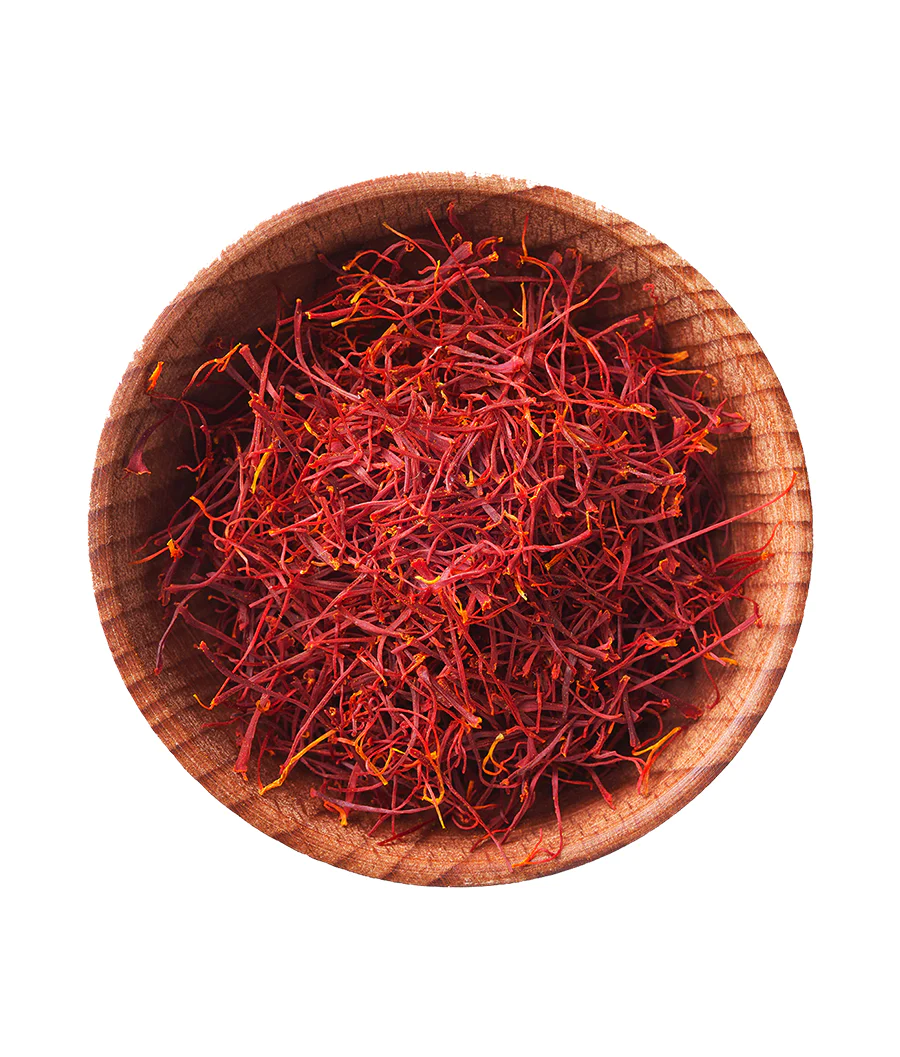about us
Konuda Impex is the home of the finest quality authentic Indian Spices, Coffee, Dry Fruits, Herbs and Commodities. Spices give life to food/dishes. Also spices are required to give cooking a unique and robust flavor. India produces 42 different varieties of Spices and India is also considered to be one of the largest producers of Spices in the world. Also there is an increased demand of Indian Spices in the global markets. The world’s best Whole Spices originated in India and we take pleasure in offering the world full range of Spices as per customers requirement. We trade in all varieties of finest quality Arabica and Robusta Coffee beans. We trade in all types of Dry Fruits, Herbs and Commodities.









